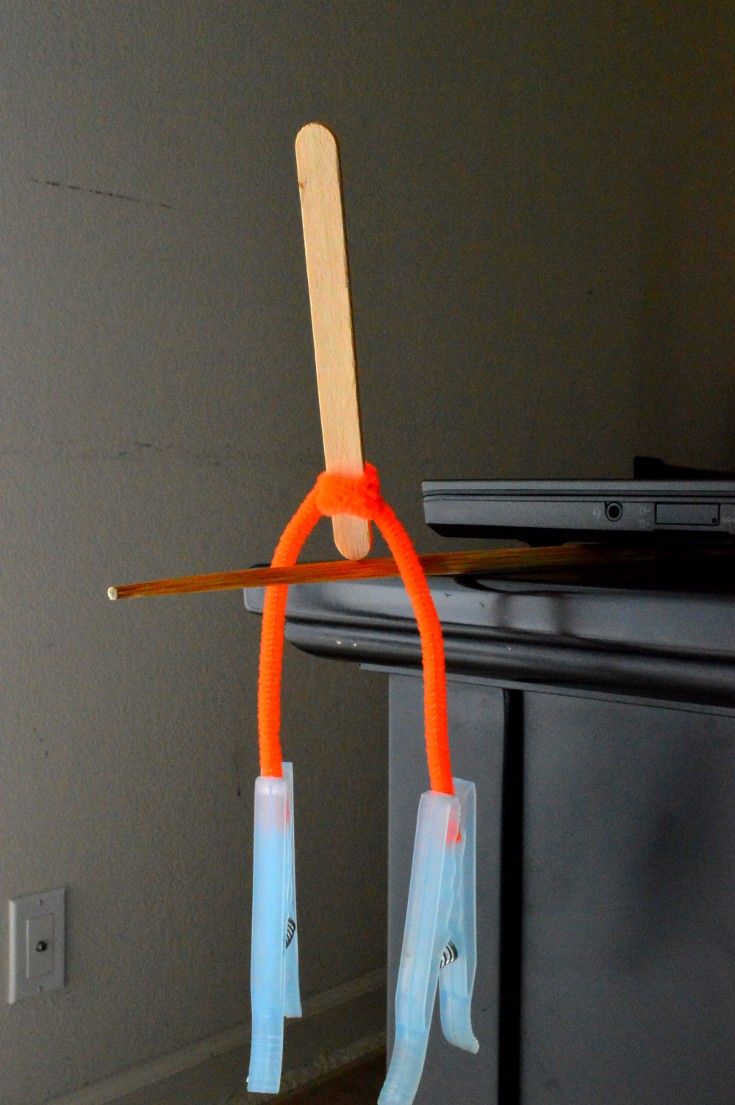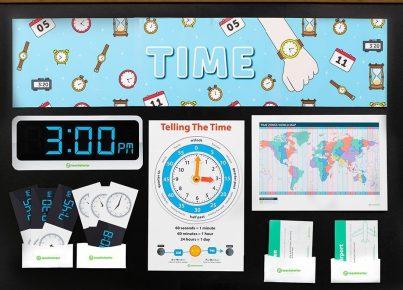Introduction:
Gravity is a fundamental force in our universe, and understanding it is essential for any aspiring young scientist. Help your elementary students develop a deep appreciation and knowledge of gravity through these 27 engaging activities.
1.Gravity Drop Race: Set up a ramp with two equal lanes, then let kids pick two objects to race down the ramp.
2.Ball Bounce Experiment: Students measure how high different balls bounce on various surfaces.
3.DIY Parachutes: Let the children design and create their own parachutes using plastic bags, string, and tape.
4.Paper Airplanes: Teach kids about aerodynamics as they create, decorate, and test paper airplanes.
5.Coin Stacking Challenge: Students build tall coin towers to learn about balance and stability under gravity’s force.
6.Gravity-Defying Balancing: Use a pole or stick with weights at each end to help students balance objects on their fingers.
7.Moon Jump Activity: Set up an area where children can jump around and pretend they’re on the moon, simulating its weaker gravity.
8.Water Bottle Flipping: Teach kids the physics behind water bottle flipping through this popular challenge.
9.Falling Feather Experiment: Test how air resistance affects free-falling objects by comparing the descent of a pen and feather together.
10.Building Skyscrapers: Have students use building blocks to construct towers and experiment with meeting challenges under gravity’s force.
11.Marble Roller Coasters: Kids can design and test their own roller coasters using recycled materials like cardboard tubes and marbles.
12.Hovercraft Races: Use balloons and CD hovercrafts to explore friction, air pressure, and gravity in action.
13.Gravity Bead Maze: Create a maze using pipe insulation or tubes for students to guide a marble from start to finish using gravity’s pull.
14.Sink or Float Challenge: Kids predict if objects will sink or float in water, and then test their hypotheses.
15.Egg Drop Experiment: Students design and build contraptions to protect an egg from breaking when dropped from a height.
16.DIY Weight Scales: Teach children about the relationship between gravity and weight by having them make simple weighing devices using household items.
17.Spinning Top Challenge: Explore the effects of gravity and centripetal force through play with spinning tops.
18.Straw Rocket Launchers: Create straw rockets to demonstrate projectile motion and air resistance as factors in flight.
19.Human Pendulum: Use a rope swing to turn the students into human pendulums, exploring how gravity influences oscillation.
20.Marshmallow Catapults: Build mini catapults and have students explore how different angles affect distance traveled under gravity’s influence.
21.Magnetic Levitation: Use magnets to simulate anti-gravity levitation and teach children about magnetic forces.
22.Tug-of-War Challenge: Demonstrate the concept of center of mass as students engage in friendly tug-of-war competitions.
23.Freefall Painting: Have students create artwork by releasing paint-covered objects onto paper to explore gravity’s effect on motion.
24.Balancing Act Sculptures: Encourage creativity while exploring balance by having children create freestanding sculptures with clay, straws, or pipe cleaners.
25.Domino Gravity Chain Reaction: Set up dominoes for kids to knock down in a chain reaction, demonstrating gravitational momentum transfer.
26.Gravity-Defying Cup Stacking Activity: Challenge your students to stack cups without using their hands, employing tools like balloons or rubber bands instead.
27.Planet Gravity Comparison Activity: Use props (like balls of different sizes) to represent planets and have students compare gravitational pull on each one, discussing how it impacts.





